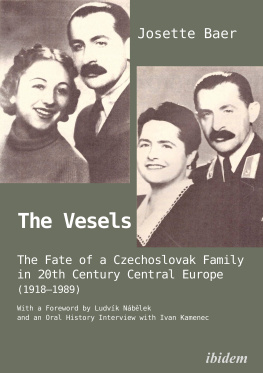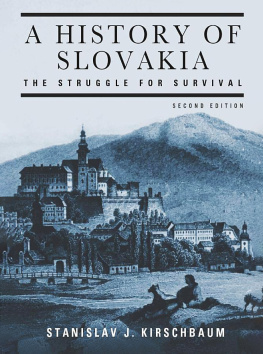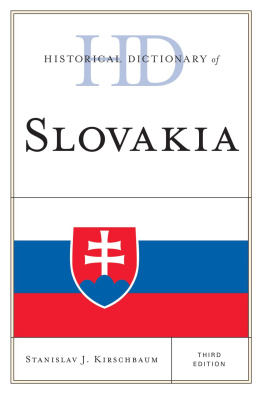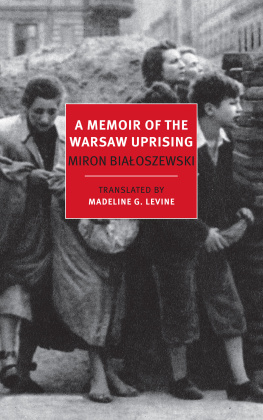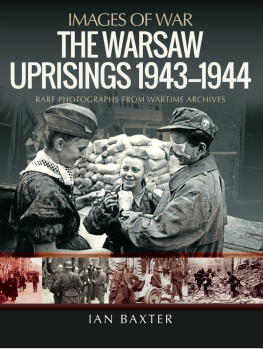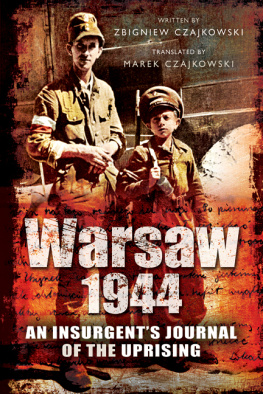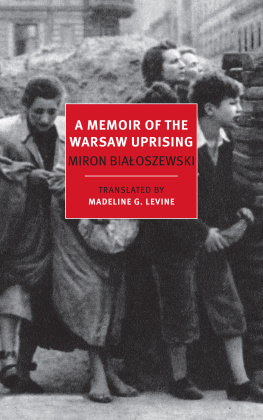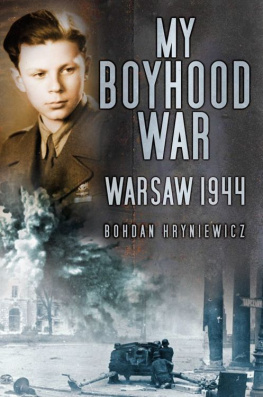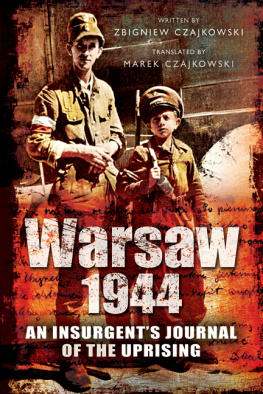
This edition is published by PICKLE PARTNERS PUBLISHINGwww.picklepartnerspublishing.com
To join our mailing list for new titles or for issues with our books picklepublishing@gmail.com
Or on Facebook
Text originally published in 2008 under the same title.
Pickle Partners Publishing 2014, all rights reserved. No part of this publication may be reproduced, stored in a retrieval system or transmitted by any means, electrical, mechanical or otherwise without the written permission of the copyright holder.
Publishers Note
Although in most cases we have retained the Authors original spelling and grammar to authentically reproduce the work of the Author and the original intent of such material, some additional notes and clarifications have been added for the modern readers benefit.
We have also made every effort to include all maps and illustrations of the original edition the limitations of formatting do not allow of including larger maps, we will upload as many of these maps as possible.
Slovakia 1944: The Forgotten Uprising
By
SEAN M. JUDGE Major, USAF
TABLE OF CONTENTS
Contents
TABLE OF CONTENTS
REQUEST FROM THE PUBLISHER
Foreword
It is my great pleasure to present another of the Wright Flyer Papers series. In this series, the Air Command and Staff College (ACSC) recognizes and publishes our best student research projects from the prior academic year. The ACSC research program encourages our students to move beyond the school's core curriculum in their own professional development and in "advancing air and space power." The series title reflects our desire to perpetuate the pioneering spirit embodied in earlier generations of Airmen. Projects selected for publication combine solid research, innovative thought, and lucid presentation in exploring war at the operational level. With this broad perspective, the Wright Flyer Papers engage an eclectic range of doctrinal, technological, organizational, and operational questions. Some of these studies provide new solutions to familiar problems. Others encourage us to leave the familiar behind in pursuing new possibilities. By making these research studies available in the Wright Flyer Papers , ACSC hopes to encourage critical examination of the findings and to stimulate further research in these areas.

Abstract
The Slovak National Uprising of 1944 is ignored and/or treated as a non-event in the Western historiography of World War II. The political climate during World War II and the Cold War that followed obscured and distorted the history and understanding of this revolt. The raising of the Iron Curtain in the 1990s removed the veil of secrecy from much of Eastern Europe's wartime history, and Western historians are exploring the new resources available, but coverage of Slovakia's story and uprising remains very limited. This work aims to fill some of the void.
Fully understanding the uprising requires an analysis of a number of different viewpoints in order to avoid capture by the political views of the parties involved: the Slovaks, the Germans, or the Soviets. Each group had different plans and goals: the Slovaks found themselves precariously between the Allies and Germany, the Germans fought to maintain their strategic position in central Europe while the Soviets hoped to expand their influence through eastern and central Europe. Each group naturally interpreted events differently and acted accordingly. Ultimately the Germans crushed the Slovak rebellion.
Events surrounding the uprising remain cloudy to this day. The Slovaks won only short-term political gains, but their Jewish and ethnic German populations paid a heavy price. The Germans won their last significant victory in the war and maintained their presence in Slovak territory until the very end. The Soviet Union suffered significant casualties, but saw Communist influence increase in the region. Recriminations swirl around the lack of Allied support and the duplicity of Stalin. Western historians have excluded coverage of the uprising in part to avoid embarrassment. Significantly, the Slovaks remain at odds among themselves about the importance and the meaning of the uprising.
Introduction
"By this uprising Slovakia showed its adherence to the ideals of democracy, freedom and plurality," Caplovic told CTK [the Czech News Agency], adding "it was necessary to more emphasize the international aspect of the uprising. It will only be young historians who will approach the topic in an unbiased way," he said. "The current perception has been distorted by communist historians who did not deal with broad international connections of the uprising by which Slovakia joined the allies and returned to the ideals of the first Czechoslovak Republic," he said. Dusan Caplovic Slovak Deputy Prime Minister paraphrased on the Anniversary of the Slovak National Uprising, 2006
The story of the Slovak National Uprising of 1944 is a complicated and tragic one that has been obscured and distorted by the politics that it surrounds. Slovakia's relationship to Nazi Germany during World War II stemmed from the unique history of the Slovak people and their precarious position In Europe during 1939, but it created political tension both internally and externally for the small nation. The war situation in the summer of 1944 exacerbated these tensions and presented an opportunity for the Slovak opposition to stage an uprising against their puppet government, under Monsignor Jozef Tiso and thereby, the power of Nazi Germany. The three primary actors in the uprising included the Slovaks, Germans, and Soviets. Each group had its own viewpoint derived from diverging political aims and goals that guided their actions throughout the rebellion. The successful suppression of the uprising by Germany required nearly two months of heavy fighting with dire consequences for the Slovaks, including their Jewish and ethnic German compatriots. The Slovaks won only short-term political gains for their efforts. The failure of the uprising has resulted in post-war recriminations and accusations, often colored and skewed by Cold War ideology and Czechoslovak politics. The resulting confusion and polarization has obscured the Slovak rebellion particularly In Western historiography. Recent publications indicate an increasing Western interest in the World War II history of Eastern Europe. The raising of the Iron Curtain in the early 1990s granted greater access to historical resources throughout those nations once dominated by Communist governments and historians are taking advantage of the opportunity. Norman Davies revisited the Warsaw Uprising with his well-received work Rising 1944: The Battle for Warsaw , published in 2003, just in time for the 60th anniversary of that revolt. Author David Glantz has published study after study focusing on the operational campaigns of the Red Army, with his latest piece being Red Storm over the Balkans: The Failed Soviet Invasion of Romania. Richard DiNardo followed this trend when he published Germany and the Axis Powers: From Coalition to Collapse in 2005. Unfortunately, Slovakia and its rebellion are not even mentioned in DiNardo's work, and they receive only passing acknowledgement in most others. {1} A careful review and analysis of the varying points of view on the Slovak National Uprising will fill some of this void and reveal a more complete picture of what really occurred that fateful fall in 1944.





